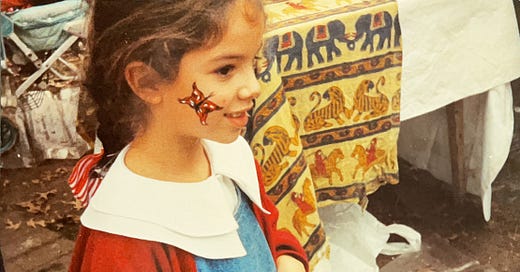In my eighth year, the other children were not kind.
They made fun of my height and my furry legs and the way my ears stuck out. They made fun of my outfits—my mother liked to dress me in white button-down shirts with huge, starched collars, like I was auditioning for a role in The Crucible. In lieu of the usual canvas backpack, I carried a leather brief…



